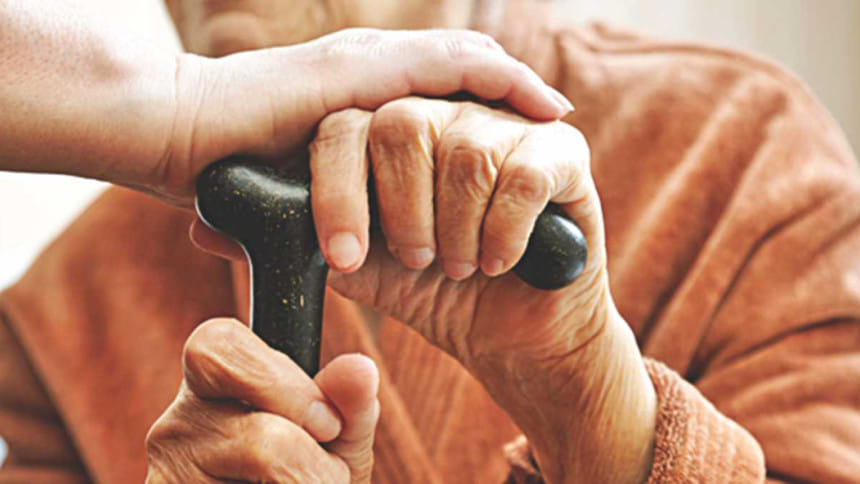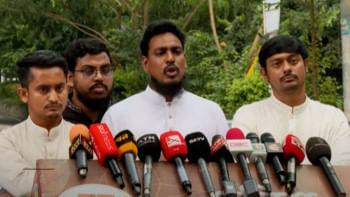Maintenance to the parents

Enacted in 2013, the Maintenance of the Parents Act has already considered to be one of the contemporary and progressive laws in Bangladesh. The law is very precise having only nine sections and comprises legal provisions for maintaining parents. With all of its positive sides, however, the law is not free from some defects.
The first case under this Act was filed in November 2013 by a father against his children in Chandpur Magistrate Court. Since then a number of cases have been filed, but critics and rights activists have drawn attention of the Government by pointing out the shortcomings and limitations of the Act. The Government is yet to pay its attention to improve the law and facilitate its proper implementation.
There was no specific legal framework to bring any legal action against the children for ensuring maintenance of the parents before this Act. However, they could file law suit under section 5(d) of the Family Courts Ordinance 1985 for maintenance. It was observed in the case of Jamila Khatun v Rostom Ali reported in 48 DLR (AD) 110 that “under Mohammedan Law children in easy circumstances are bound to maintain their poor parents, although the later may be able to earn something for themselves. These poor parents may also file a suit in the Family Court for maintenance from their opulent children under the Ordinance of 1985.”
Traditionally, it is the sons who are responsible to afford food and shelter to their parents as well as take care of the other elderly members of their family. But, in the Act of 2013, it is said both male and female children are responsible to maintain their parents (Section 2).
However, according to this Act “Father” and “Mother” means only biological ones and does not include the step parents. This raises question if the step mothers or fathers are not etitled to maintenance by their step children.
The Act stipulates that the parents must live with their children. Moreover, every child must provide a sufficent/reasonable amount for maintenance from their earnings if the parents do not live with the children (Section 3). There remains ambiguity as to the determination of the amount.
The Act also mentioned that any person violating any of the provisions, shall be subject to the highest punishment of one lakh taka. Failing which he/she shall be liable to the highest imprisonment of three months.
On the other hand, in India the Maintenance and Welfare of Parents and Senior Citizens Act 2007 defines the term 'parents' as 'father or mother whether biological or step father or step mother'. According to the same Act, children means 'son, daughter, grandson, granddaughter but does not include a minor'.
Unlike Bangladesh, the Indian Courts has the discretion to determine the minimum and maximum amount of maintenance considering the circumstances. The application can be made by either of the parents. If anyone is incapable to do so, the application can be made by any other person or organisation authorised by the sufferer.
Under the Bangladesh Act of 2013, the offences for providing no maintenance are cognizable, bailable and compoundable. Considering the nature of the offences, Alternative Dispute Resolution (ADR) system should be introduced in this Act as the matters are purely family in nature. looking at the positive aspects of the Act it can be vouched that, if the Act is properly amended and implemented, it will bring welfare to many unfortunate parents of our country.
THE WRITER IS AN ASSISTANT PROFESSOR OF LAW, UNIVERSITY OF ASIA PACIFIC.

 For all latest news, follow The Daily Star's Google News channel.
For all latest news, follow The Daily Star's Google News channel. 



Comments